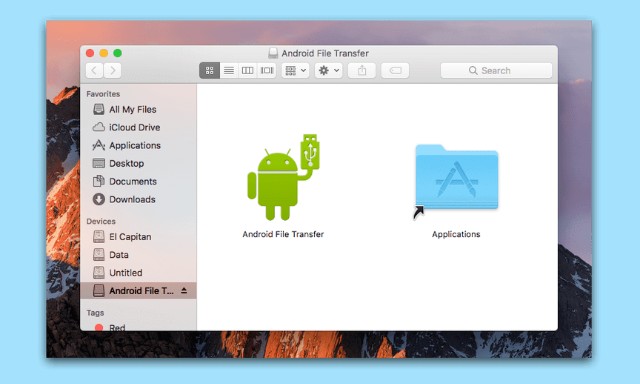
- #Binfer alternative file transfer install
- #Binfer alternative file transfer software
- #Binfer alternative file transfer code
- #Binfer alternative file transfer license
Also, not all combinations in the configuration are possible, and some options will require other options. The modules can either be compiled into the kernel ( y), into modules ( m), or not at all ( n). Instructions for both are provided below: When setting compilation options, you have 2 options available: binder and binderfs. With your new kernel, you will need to append the following to your boot arguments:īvices=binder,hwbinder,vndbinder,anbox-binder,anbox-hwbinder,anbox-vndbinder
#Binfer alternative file transfer code
The necessary modules are included in the source code of most regular kernels, but need to be activated in the kernel config file.Īfter that you need to (re)build the kernel, see Kernel#Compilation.Īdd or modify the following options in the kernel config file:ĬONFIG_ANDROID_BINDER_DEVICES="binder,hwbinder,vndbinder" This is a very dirty hack though and the much better solution would be if all the functions that are currently resolved with kallsysms_lookup_name() would get an EXPORT_SYMBOL() annotation to make them directly accessible to kernel modules. The function is afterwards used just as before. On kernel 5.7 and later, kallsyms_lookup_name() can no longer be called from a kernel module for reasons described here: As binder really needs to use kallsysms_lookup_name() to access some kernel functions that otherwise would not be accessible, KProbes are used on later kernels to get the address of kallsysms_lookup_name(). Hoff which explains the issue, with anbox in mind:
#Binfer alternative file transfer software
Therefore, to use anbox related software with kernel modules, there is a maintained fork of anbox-modules by C. This caused anbox-modules to no longer build, as this was an out-of-tree user of kallsyms_lookup_name()
#Binfer alternative file transfer license
Even then, many symbols are restricted so that only modules with a GPL-compatible license can access them."

"One of the basic rules of kernel-module development is that modules can only access symbols (functions and data structures) that have been explicitly exported.

In an LWN news post, Jonathan Corbet noted that kallsyms_lookup_name() was to be unexported. # modprobe binder_linux devices=binder,hwbinder,vndbinder,anbox-binder,anbox-hwbinder,anbox-vndbinderĪfter loading the modules, you may also need to mount binder: Run the following commands as root to activate binder and ashmem:
#Binfer alternative file transfer install
The anbox-modules-dkms AUR package will install both binder & ashmem as kernel modules. If you wish to use anbox related projects, anbox-modules-dkms AUR is an actively maintained fork and works on latest kernels. Please note, that using KProbes may have security implications and you should be aware of certain risks involved with this software, see Security. The anbox dkms modules have been forked and updated to work for kernels up to and including version 5.15. However, because linux-zen now uses binderfs instead of binder, you will need to mount binderfs before launching Anbox.

The linux-zen kernel includes the necessary modules out of the box. To get a compatible kernel, you have the following options: (Discuss in Talk:Anbox) Module installation options Duplication of information should be avoided. Which loading procedures are necessary?Ĥ. Distinction between binder and binderfs.ģ. Which installation methods are still working?Ģ. Reason: The following sections are a bit messed up, so some things including below topics should be discussed and changed (if necessary):ġ. They are not included in the default kernel, thus you need to either install a kernel which ships these modules or (re)build a kernel, or use DKMS to install the kernel modules seperately. It does not store any personal data.To use anbox-style packages you need two kernel modules: binder and ashmem. The cookie is set by the GDPR Cookie Consent plugin and is used to store whether or not user has consented to the use of cookies. The cookie is used to store the user consent for the cookies in the category "Performance".

This cookie is set by GDPR Cookie Consent plugin. The cookies is used to store the user consent for the cookies in the category "Necessary". The cookie is used to store the user consent for the cookies in the category "Other. The cookie is set by GDPR cookie consent to record the user consent for the cookies in the category "Functional". The cookie is used to store the user consent for the cookies in the category "Analytics". These cookies ensure basic functionalities and security features of the website, anonymously. Necessary cookies are absolutely essential for the website to function properly.


 0 kommentar(er)
0 kommentar(er)
